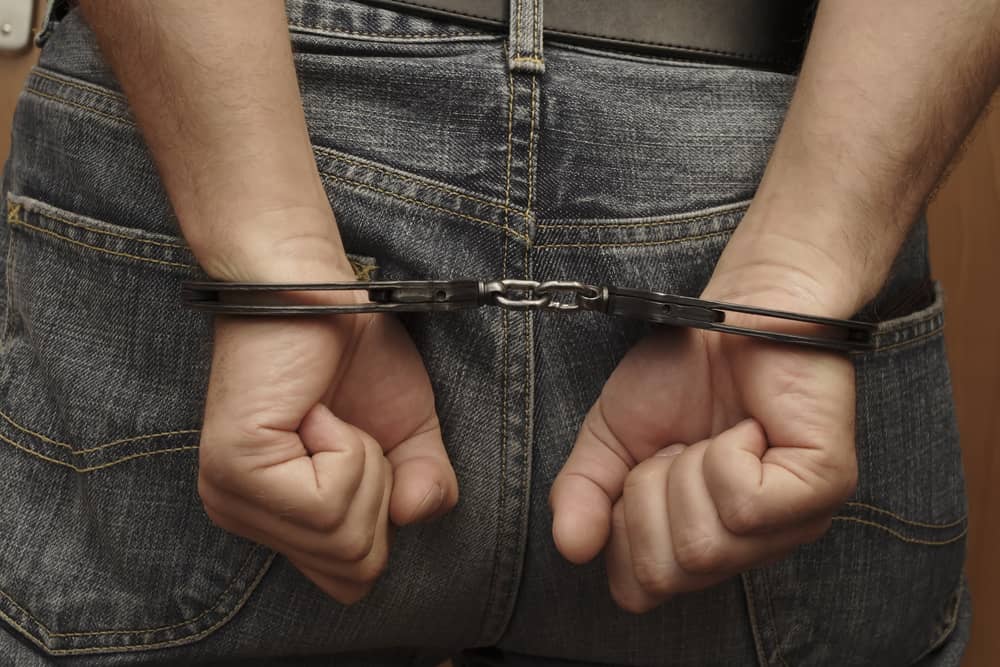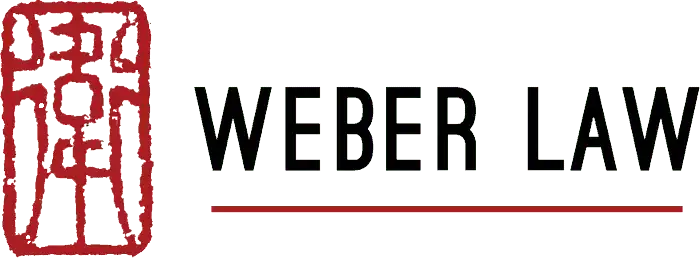Misdemeanors and felonies are two classifications of crimes that differ primarily in their severity and the punishments associated with them.
Misdemeanors are considered less serious offenses than felonies. They typically involve less severe punishments, which may include shorter jail sentences, fines, community service, or probation. Jail time for a misdemeanor is usually served in a local or county jail rather than a high-security prison, and the sentence is generally less than one year. Examples of misdemeanor offenses might include petty theft, vandalism, disorderly conduct, or a first-time drunk driving offense without injury to others.
Felonies, on the other hand, are more serious crimes that carry stiffer penalties. A felony conviction can result in a prison sentence of more than one year, and in some cases, life imprisonment or even the death penalty, depending on the jurisdiction and the nature of the crime. Felonies can also lead to the loss of certain civil rights, such as the right to vote, hold public office, or possess firearms. Examples of felonies include murder, rape, kidnapping, armed robbery, and certain drug offenses.
The distinction between misdemeanors and felonies can also affect other aspects of the legal process. For instance, preliminary hearings and grand jury proceedings are more common in felony cases. Additionally, individuals charged with felonies may have more extensive legal protections, such as the right to a court-appointed attorney if they cannot afford one.
The exact dividing line between misdemeanors and felonies can vary by jurisdiction, as different states and countries have their own laws defining the two. However, the fundamental difference lies in the seriousness of the crime and the severity of the punishment. It’s important to note that some crimes can be charged as either misdemeanors or felonies, depending on the circumstances and the discretion of the prosecuting attorney, a concept often referred to as “wobblers.”

Class B Misdemeanor Penalties
In Utah, the classification of criminal offenses delineates the severity and corresponding penalties for unlawful acts. Among these categories, a Class B misdemeanor represents a moderate level of offense which is less severe than a Class A misdemeanor but more serious than a Class C misdemeanor or an infraction. Those convicted of a Class B misdemeanor in Utah can face substantial legal consequences, including incarceration and fines.
The maximum incarceration period for individuals found guilty of a Class B misdemeanor is six months, giving judges the discretion to impose shorter sentences or alternative punishments based on the circumstances of the case. Additionally, a fine of up to $1,000 may be levied. Class B misdemeanors cover a range of offenses including, but not limited to, assault, driving under the influence, and petty theft. It is essential for individuals charged with such offenses to understand the potential legal ramifications they might face.
Overview of Class B Misdemeanor Penalties in Utah
In Utah, Class B misdemeanors are considered less severe than Class A misdemeanors but more serious than Class C misdemeanors. Individuals convicted of a Class B misdemeanor face potential penalties, which include up to six months in jail and fines of up to $1,000. These misdemeanors can encompass a variety of offenses, ranging from DUI to assault.
Legal repercussions are defined under Utah Code §76-3-204, which stipulates the possible jail time.
- Jail Time: Up to 6 months
- Fines: Maximum of $1,000
It is also important to note that these consequences do not include additional court costs or other associated legal fees that may apply. Furthermore, the court may also impose probation, community service, or mandatory counseling depending on the context of the crime and the defendant’s background.
Given the potential impact on one’s life, it is imperative for individuals facing charges to seek legal counsel to navigate the complexities of the legal system in Utah. Proper legal representation can significantly influence the outcome of such cases.
More detailed information about the classification and sentencing for misdemeanors in Utah can be found on the official Utah State Courts website.
Judicial Consequences
When an individual is convicted of a class B misdemeanor in Utah, they face specific judicial penalties including potential incarceration and mandatory fines.
Incarceration
An individual found guilty of a class B misdemeanor in Utah may be subject to incarceration. The jail term for a class B misdemeanor is up to six months. This is a moderate sentence in comparison to class A misdemeanors, which have harsher sentences, and class C misdemeanors, which have more lenient sentences.
Fines
In addition to incarceration, convicted persons are also liable for financial penalties. The fines for a class B misdemeanor can amount to $1,000. This is a maximum limit set by the court, and actual fines may vary based on the specifics of each case and the discretion of the judge.
Secondary Repercussions
When an individual is convicted of a Class B misdemeanor in Utah, they may face additional consequences beyond jail time and fines. These secondary repercussions can affect various aspects of one’s life, from personal freedom to societal status.
Probation
Individuals convicted of a Class B misdemeanor in Utah may be subject to probation. This court-ordered supervision requires adherence to specific conditions set by a judge, such as regular meetings with a probation officer, attending counseling or educational programs, and abstaining from illegal substances. Failure to comply with these conditions can result in additional penalties or incarceration.
Criminal Record Impact
A criminal record ensuing from a Class B misdemeanor can significantly affect a person’s future opportunities. This can manifest in various ways:
- Employment: Employers may conduct background checks, and a misdemeanor conviction can hinder job prospects.
- Education: Some colleges and universities review applicants’ criminal histories, which could impact admission decisions.
- Housing: Rental applications often require disclosure of convictions, potentially limiting housing options.
- Professional Licensing: Certain professions may deny or revoke licenses for individuals with criminal records.
If you’ve been arrested and charged with a Class B misdemeanor, contact a criminal defense attorney at Weber Law right away.

